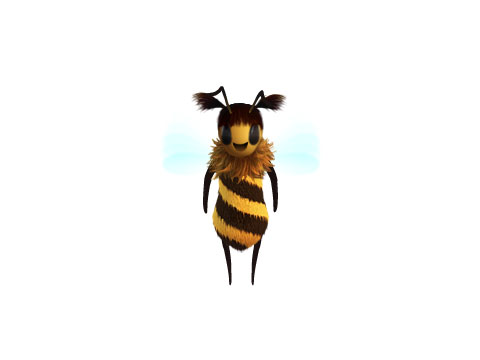and in part because I'm now adjusted enough to the fact that I live in San Diego county to start trying to make sense of some of the poetic projects of my peers
I have been reading the current issue of H_NGM_N. Nate Pritts (the editor) and I both work for the same online tutoring company, which is where I initially "met" him. Nate's interest in creating poetic community through the magazine seems evident, and he talks about this in "Some Notes about H_NGM_N," which acts as an introduction to Issue 6. Most magazines create communities, even if this isn't an explicit goal that they have, so I like the fact that Nate seems aware that this is part of what editors do.
Issue 6 seems well edited. There is an entire section on the poet Steve Orlen that includes memoirs from students, a review of his New and Selected, and a kind of poetics statement by Orlen. I had heard of Steve Orlen before I read this section, but I know know more about him. I'm not going to go out and buy his New and Selected, but I appreciate the cohesiveness of this section.
I'm about to get a bit grumpy. If you only want to read what I liked, go to the bottom of this post.
Something that Clay Matthew's says in his review of Steve Orlen helped solidify a few things for me: "If narrative poetry is out fashion these days, I’m thankful Orlen didn’t get the memo, or rather chose to ignore it, because both the new and old poems here carry on the tradition of the storyteller—of one poet sharing his tale with the rest of us."
Let me try to clarify what this clarifies.
Ann Landers once said something like this: In the 60s we all grew our hair long and protested against war and the government.
No we didn't, Ann Landers. You certainly didn't.
So, when did narrative poetry go out of fashion? Whose sense of fashion?
My sense is that we Youth of Today (YOT) who write poetry like to feel like we're rejecting and/or resurrecting narrative. Depending on who you talk to, narrative was never sufficiently rejected, so we need to resurrect oulipo and procedural work, or else narrative was too easily rejected, and we need to return to narrative.
So, the rejecting/non rejecting thing is probably a perennial conversation now, similar to a form/content argument that resurfaces every so often. But I'm not saying that just because these debates are perennial means that they aren't important or that they are all the same. Every generation, I suppose, needs to come to their conclusions on their own. I guess.
On to the poems that I thought were interesting or promising. My disclaimer: I liked reading these issues, and my notes on the poems I liked are just that. Notes:
Brent Pallas' poems were interesting. They were persona poems of a sort, but their diction was varied and often complex, playing around with Victorian scientific syntax.
I really wanted to like Jim Goar's work from 33 poems before sunrise. He's working to connect space on the page to actual material space. There were some good moments.Christopher Rizzo's sonnets written with found language viewed (or heard) on a bus ride had some good moments, as well.
I was interested in Viola Lee's poems. There were moments I liked a lot: "You are unlike oatmeal in the morning." Looking back on the lines I really like, I like all the negative ones. Writing poems that seek to understand self relative to the objects in one's environment is interesting, and the idea that one would address inanimate objects is also interesting. I'm not sure how I felt about the repeated lyric "you" address.








2 comments:
"Depending on who you talk to, narrative was never sufficiently rejected..."
likewise "lyric"...
Thanks for your comments and for reading my Darwin poems in H_NGM_N issue 6. Always very appreciated. I will put a link on my Blog for Greenwich village poets to yours.
Thats: Greenwichvillagepoets.blogspot.com
Sincerely,
brent Pallas
Post a Comment